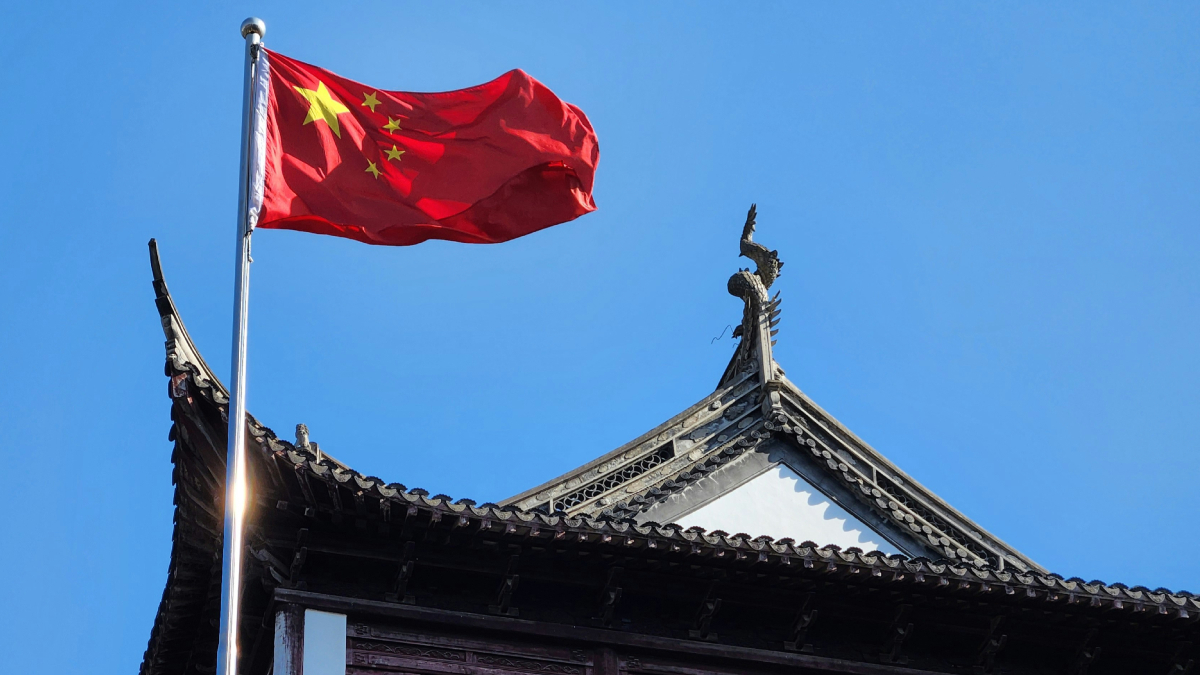Beijing has escalated its trade confrontation with Washington by raising tariffs on US imports to 125% on Friday, April 11, in retaliation to US President Donald Trump’s decision to increase duties on Chinese goods to 145%. The move deepens an already volatile global economic environment and stokes fears of a looming recession.
Markets reacted swiftly, with global stocks falling, the US dollar slipping, and gold soaring to record highs as investors sought safer assets. “Recession risk is much, much higher now than it was a couple weeks ago,” warned Adam Hetts, global head of multi-asset at Janus Henderson.
Despite the turmoil, US Treasury Secretary Scott Bessent remained optimistic, saying over 75 countries have shown interest in starting trade talks. “Striking deals with other countries would bring certainty,” he said during a cabinet meeting. The US has also announced plans to start formal trade negotiations with Vietnam.
However, the financial markets remain shaky. China’s latest tariffs dragged European stocks down by over 1%, capping one of the region’s most turbulent trading weeks in recent memory. In Asia, stock indices mostly mirrored Wall Street’s downward trend.
China’s finance ministry condemned the US actions, calling them “unilateral bullying and coercion.” The ministry added that such moves “seriously violate international and economic trade rules, basic economic laws and common sense.”
Trump, for his part, struck a more conciliatory tone, telling reporters: “In a true sense he’s been a friend of mine for a long period of time, and I think that we’ll end up working out something that’s very good for both countries,” referring to Chinese President Xi Jinping.
Xi, meanwhile, called on the European Union to stand with China against “unilateral acts of bullying.” During a meeting with Spanish Prime Minister Pedro Sanchez, he said, “There are no winners in a trade war,” and urged cooperation to uphold “the global rules-based order.”
European leaders fear the ripple effect of the tariffs. The European Commission estimates the impact on the region’s economy could range from 0.5% to 1% of GDP—potentially enough to push the EU into recession. French President Emmanuel Macron, reacting to Trump’s 90-day tariff suspension for other nations, called it a “fragile pause,” warning that uncertainty still looms large.
“Because this 90-day pause means 90 days of uncertainty for all our businesses, on both sides of the Atlantic and beyond,” Macron posted on X.






